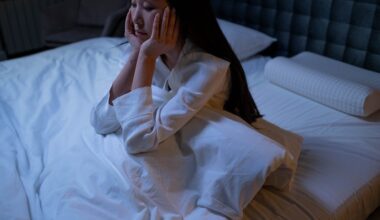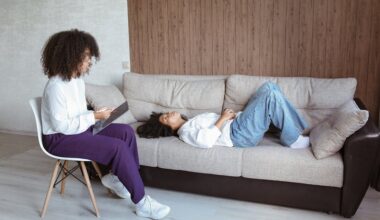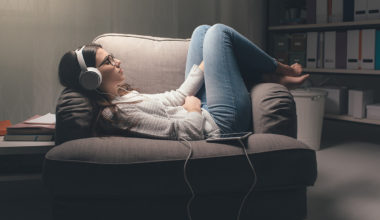Though we often imagine sleep as peaceful bliss, it can sometimes be fraught — in fact, 1 in 3 adults don’t get enough sleep. Sleep deprivation can have a detrimental effect on your mental health, and can increase your likelihood of developing symptoms of mental health conditions like anxiety or depression. At the same time, struggling with mental illness increases your likelihood of experiencing insomnia and other sleep disorders. According to Harvard Medical School, sleep problems affect 50-80% of people who are in psychiatric care, as opposed to 10-18% of adults in the general population.
Treatment for underlying mental health or general health issues can have a positive effect on your sleep. In addition, there are certain lifestyle choices you can make to improve your overall sleep. Limiting screen time before bed, practicing meditation, and getting enough exercise can all help you get to sleep faster and limit unnecessary wake-ups. Talking out your worries with a therapist or a good friend, or writing them down, can also help calm your thoughts, and allow you to sleep more soundly.










